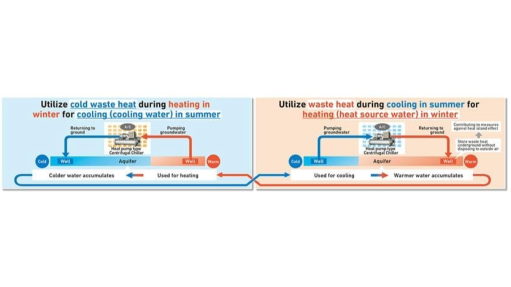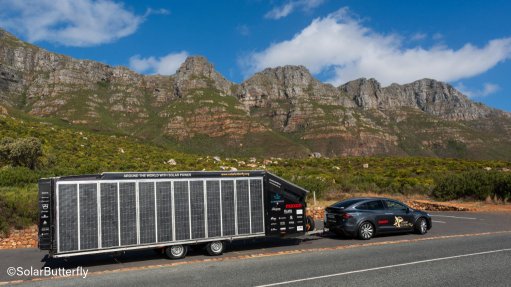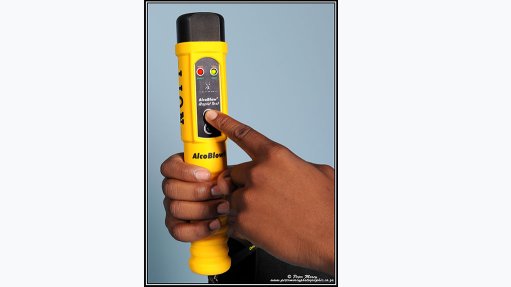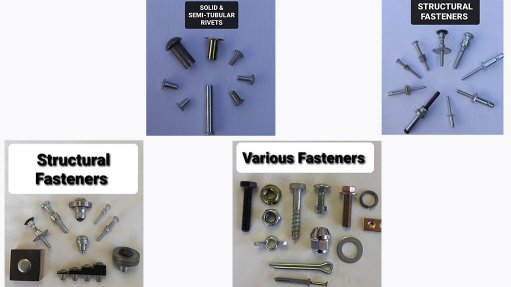How Ford protects your car's interior while you protect yourself
This article has been supplied.
Due to COVID-19 guidelines, more people are cleaning their hands with sanitiser when they get back in their vehicle after essential journeys. This is good for the owner's health, but it could be bad for the interior. Chemicals like ethanol - which are used in hand sanitisers - can react with interior surfaces, causing them to wear prematurely unless they are protected by special finishes.
Engineers at Ford have long been tasked with testing new products to ensure vehicle interiors remain looking good no matter what everyday products they encounter. Testing also applies to Ford's original equipment accessories, such as boot liners and interior plastic covers.
"Hand sanitiser is a product we saw an increasing use of some years back, so it's been part of our testing for a long time now," said Mark Montgomery, senior materials engineer at the Materials Technology Centre, located at the Dunton Technical Centre in the UK, for Ford of Europe. "Even the most seemingly innocuous product can cause problems when they come into contact with surfaces, but things like hand sanitisers, sunscreen lotion and insect repellent can be particularly damaging."
Use of hand sanitisers has boomed since the outbreak of the COVID-19 pandemic. For example, Italy saw an approximately 18 times increase in hand sanitiser sales when comparing year-on-year weekly data. Some recent forecasts suggest the global market for hand sanitisers will increase by almost two and a half times in 2020 compared to 2019.
While hand sanitiser helps kill germs on the user's hands, and Ford vehicle interiors can withstand their potential damaging effects, there are still some important cleaning tips to remember that can help protect your car. When cleaning, avoid using products containing bleach or hydrogen peroxide, as well as ammonia-based products as these can damage anti-glare and anti-fingerprint coatings. Household disinfectant can be an effective way to eliminate the threat.
"Particular attention should be paid to frequently touched areas such as the steering wheel, handles, gear stick, any buttons or touch screens, wiper and turn signal stalks, armrests, and seat adjusters," said Jenny Dodman, Ford of Britain's chief medical officer. "Seatbelts should also be high on every driver's cleanliness check list. The seatbelt sits across you and is likely to bear the brunt of any coughs and sneezes."
Ford teams around the world test material samples at temperatures that can, in some cases, reach 74°C - the temperature the inside of a car parked outside on a hot day in South Africa might reach. In other tests Ford simulates extended exposure to the sun, with samples bombarded with ultra-violet light for up to 1,152 hours (48 days).
Engineers at Ford also test plastics for strength at temperatures as low as -30°C, when they become most brittle, repeatedly bouncing a heavy rubber ball on them to ensure the plastic doesn't crack.
This in-depth research, development and testing ensures that your Ford will continue to deliver a quality motoring experience for many years after it leaves the showroom floor.
Comments
Press Office
Announcements
What's On
Subscribe to improve your user experience...
Option 1 (equivalent of R125 a month):
Receive a weekly copy of Creamer Media's Engineering News & Mining Weekly magazine
(print copy for those in South Africa and e-magazine for those outside of South Africa)
Receive daily email newsletters
Access to full search results
Access archive of magazine back copies
Access to Projects in Progress
Access to ONE Research Report of your choice in PDF format
Option 2 (equivalent of R375 a month):
All benefits from Option 1
PLUS
Access to Creamer Media's Research Channel Africa for ALL Research Reports, in PDF format, on various industrial and mining sectors
including Electricity; Water; Energy Transition; Hydrogen; Roads, Rail and Ports; Coal; Gold; Platinum; Battery Metals; etc.
Already a subscriber?
Forgotten your password?
Receive weekly copy of Creamer Media's Engineering News & Mining Weekly magazine (print copy for those in South Africa and e-magazine for those outside of South Africa)
➕
Recieve daily email newsletters
➕
Access to full search results
➕
Access archive of magazine back copies
➕
Access to Projects in Progress
➕
Access to ONE Research Report of your choice in PDF format
RESEARCH CHANNEL AFRICA
R4500 (equivalent of R375 a month)
SUBSCRIBEAll benefits from Option 1
➕
Access to Creamer Media's Research Channel Africa for ALL Research Reports on various industrial and mining sectors, in PDF format, including on:
Electricity
➕
Water
➕
Energy Transition
➕
Hydrogen
➕
Roads, Rail and Ports
➕
Coal
➕
Gold
➕
Platinum
➕
Battery Metals
➕
etc.
Receive all benefits from Option 1 or Option 2 delivered to numerous people at your company
➕
Multiple User names and Passwords for simultaneous log-ins
➕
Intranet integration access to all in your organisation


















